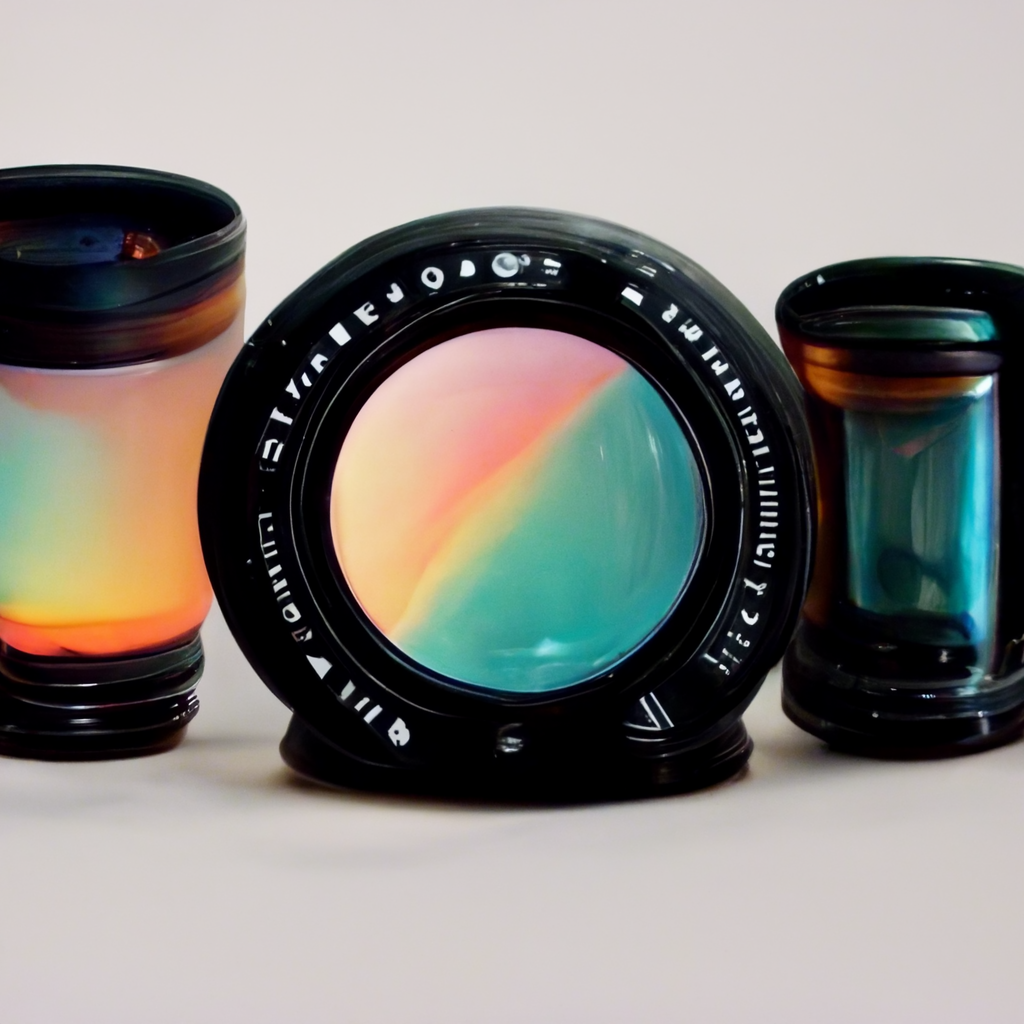The Role of Music Libraries in Supporting Independent Artists

In the dynamic world of music, music libraries have become a cornerstone for independent artists. These platforms not only provide a vast repository of copyright free music but also serve as a crucial bridge connecting artists with audiences and opportunities. This comprehensive exploration sheds light on how music libraries are revolutionizing the music industry for independent creators.
Elevating Independent Music Through Libraries
-
Exposure to Diverse Audiences: Music libraries open doors for artists to showcase their work on a global scale, reaching audiences far beyond their immediate networks.
-
Genre Inclusivity: These platforms embrace a wide range of genres, often overlooked by mainstream media, providing a space for unique and diverse musical expressions.
-
Ease of Discovery: Music libraries simplify the process of discovering new talent, offering curated selections that appeal to various listener preferences.
-
Bridging Artists and Users: They connect independent artists with content creators, filmmakers, and businesses seeking original, copyright free music for their projects.
The Economic Impact on Independent Artists
-
Royalty-Free Earnings: Artists can earn revenue through the licensing of their music, creating a sustainable income stream.
-
Alternative to Traditional Record Labels: These platforms provide a viable alternative for artists who wish to bypass the traditional music industry model.
-
Long-Term Revenue: Music libraries offer the potential for ongoing earnings as their music continues to be used across different projects.
-
Brand Building: Artists can establish and grow their brand, gaining recognition and credibility through their presence on these platforms.
For Content Creators: Utilizing Music Libraries
-
Vast Selections: With thousands of tracks at their fingertips, creators can find music that perfectly aligns with their project's mood and tone.
-
Continuously Updated Catalogs: Music libraries frequently update their collections, providing fresh and relevant content.
-
Copyright Clarity: Using music from these libraries ensures creators are compliant with copyright laws, avoiding potential legal complications.
-
Ethical Usage: By choosing library music, creators support the artists directly, fostering a fair and ethical creative environment.
Strategies for Artists in Music Libraries
-
Optimizing Visibility: Artists need to understand how to effectively position their music within these libraries to maximize exposure.
-
Engaging with Users: Interaction with users, such as responding to inquiries or requests, can enhance an artist's presence and reputation.
-
High-Quality Productions: The importance of professional-grade recordings cannot be overstated in the competitive environment of music libraries.
-
Unique Musical Signature: Artists who offer unique and memorable music are more likely to stand out and attract repeat users.
The Future of Music Libraries
-
AI and Machine Learning: Advances in technology could lead to personalized recommendations, connecting users with the exact type of music they need for their projects.
-
Global Reach and Accessibility: The increasing digitization of music distribution continues to open new markets and opportunities for independent artists worldwide.
-
A New Paradigm: Music libraries are challenging traditional industry models, empowering artists to take control of their careers.
-
Collaborative Opportunities: The rise of music libraries fosters a more collaborative and interconnected music ecosystem.
Music libraries play a pivotal role in the modern music landscape, especially for independent artists. They provide a platform for exposure, monetization, and connection with a wide audience. As these libraries continue to grow and evolve, they offer an ever-expanding world of opportunities for artists and content creators alike. By harnessing the power of these platforms, independent artists can carve out successful careers, and content creators can access a rich array of copyright free music, making these libraries invaluable assets in the music industry.
- Art
- Causes
- Crafts
- Dance
- Drinks
- Film
- Fitness
- Food
- الألعاب
- Gardening
- Health
- الرئيسية
- Literature
- Music
- Networking
- أخرى
- Party
- Religion
- Shopping
- Sports
- Theater
- Wellness
